
In a statement on Yaum-e-Ashur, MQI founding-leader Shaykh-ul-Islam Dr Muhammad Tahir-ul-Qadri has said that Husainiyyat means not supporting the oppressor, impious, and dishonest people. He said Imam Hussain (alayhis-salam) laid down this principle till the Day of Judgement by offering the supreme sacrifice of his life. Through his sacrifice, the great Imam (alayhis-salam) made it clear that the important duty of governing cannot be left at the mercy of those who ridicule religious practices. He said that the mention of the great sacrifices of the Holy Prophet's (pbuh) grandson (alayhis-salam), his family and companions is essential for the strengthening of one's faith.
Dr Tahir-ul-Qadri said that the tragedy of Karbala is the worst human tragedy on the face of the earth for the believers. He said that the individuality of the sacrifice rendered by Imam Hussain (alayhis-salam) and his companions is not found in any other sacrifice, adding that is why that even the eyes of non-Muslims also well up with tears when speakers talk about the ordeals and hardships of the family of the Holy Prophet (pbuh) on the plains of Karbala. He said that the wretched and unfortunate are those who remain stone-hearted and unmoved even after listening to the soul-searing and heart-rending details of the incidents of Karbala.
Dr Tahir-ul-Qadri said that Imam Husain (alayhis-salam) doesn't belong to any specific school of thought or segment of society. He is the Imam of all Muslim Umma, heir to the religion of the Holy Prophet (pbuh), and the interpreter of Shariah. The sacrifice given by Imam Hussain is a torchbearer for the whole humanity. Shaykh-ul-Islam asked the youth to study the exalted life and 'Sira' of Imam Hussain (alayhis-salam) in order to live a model and dignified life full of faith. He said that the best way to show devotion to the grandson of the Holy Prophet (pbuh) is that one doesn't support any oppressor and at the same time does not cause anyone to make prayer against oneself.
Zikr e Hussain (Alayhis-salam) aur Tazkira e Karbala



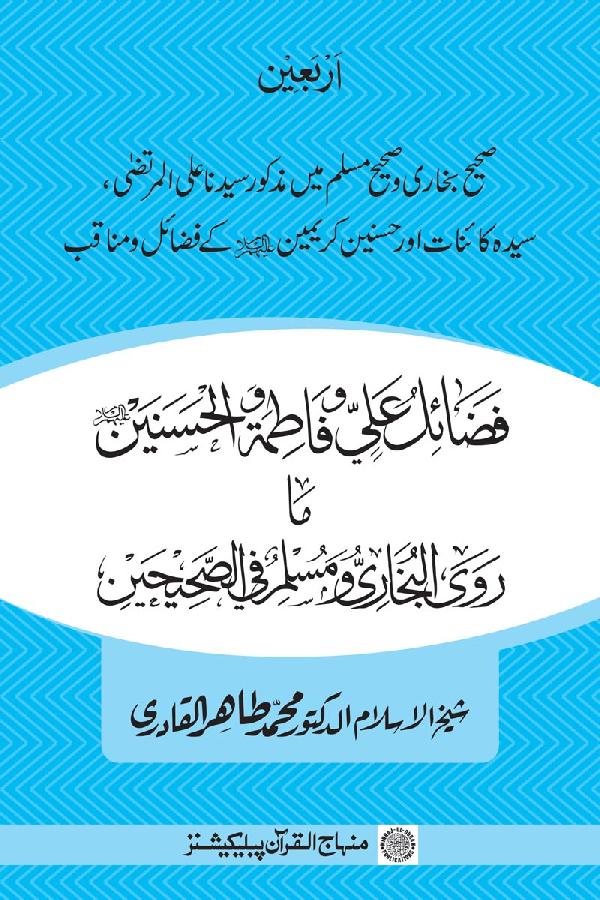
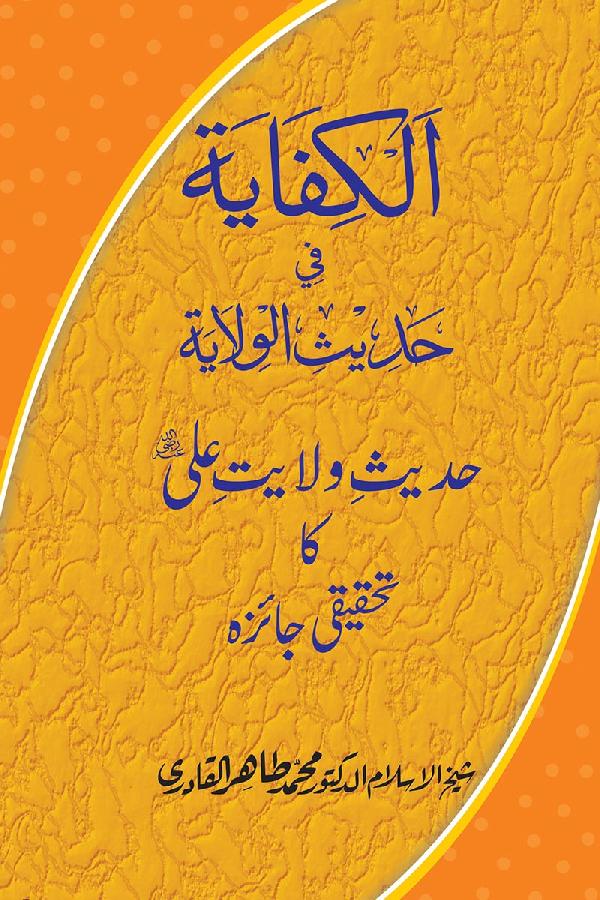



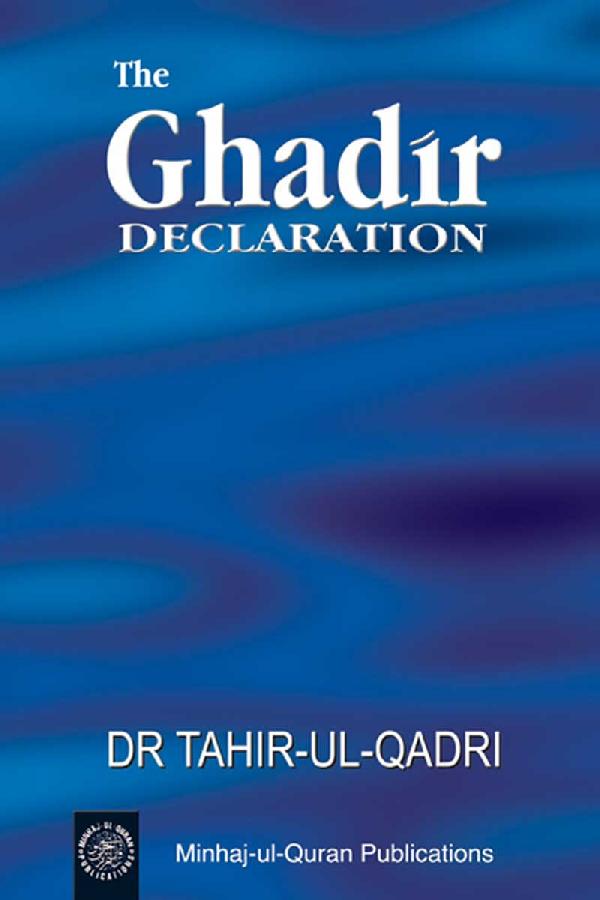






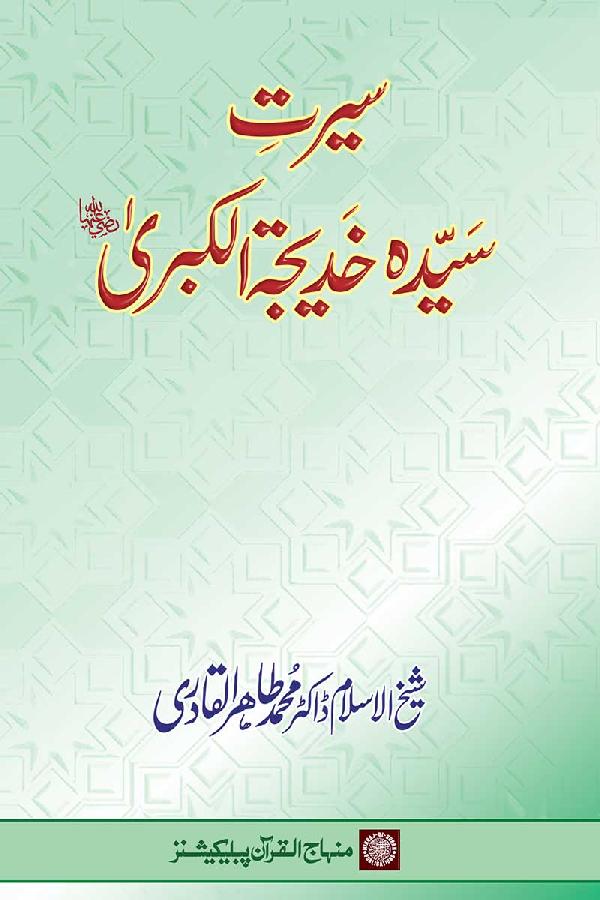










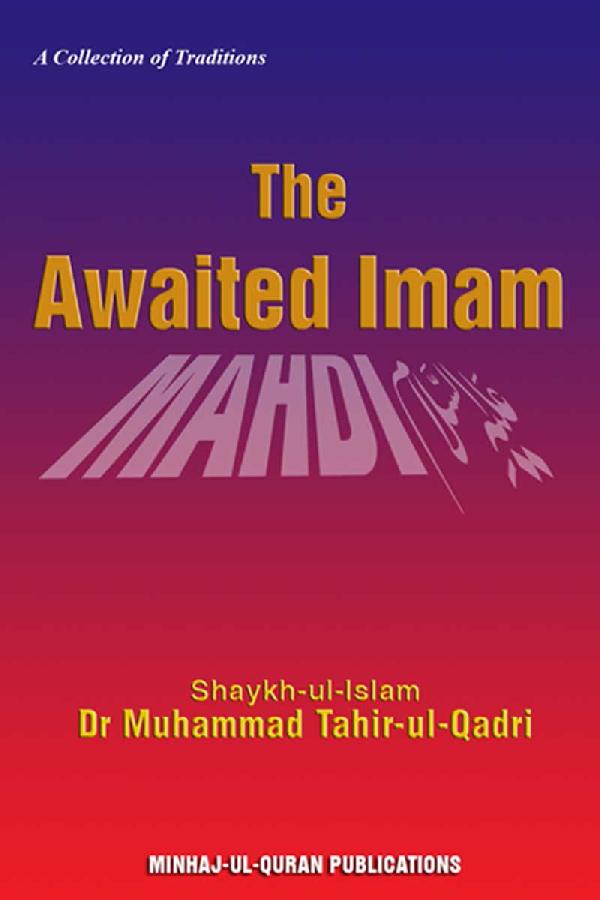










Comment